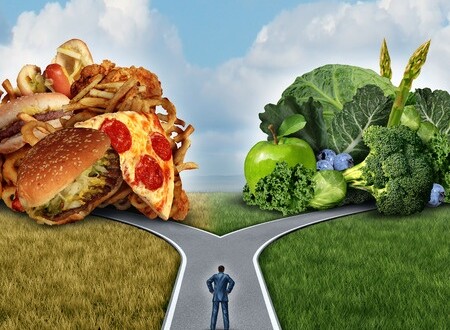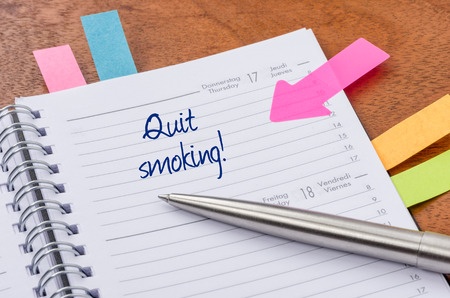Who Can You Trust?
Fad diets work great! Skipping meals will help me lose weight. My sister can eat anything she wants all day long and not get fat. Dairy makes you fat. Grain makes you fat. Meat makes you fat. Vegetarians are never overweight. Everyone has their own opinions about how to lose weight so who do you know who to trust?
Simple Answer:Â Yourself.
If something does not seem right to you, it may not be. Your common sense should tell you that a diet of strawberries and cabbage is not only unhealthy, but will be impossible to stick to for very long.
Where to Start
Start by asking what your body needs. Answering that question is not as simple as it sounds because your body often only tells you what it needs by showing signs of stress, illness, or nutritional deficits that may show in the teeth, fingernails, hair, eyes, skin, and other organs. Many of these signs are not visibly detectable until after damage has been done, but may still show up in blood tests. For example, you may suffer from a vitamin D deficiency and not recognize some of the more common symptoms such as inflammation, fatigue, and insomnia.
If you have not had a physical in the past year, now is a good time to see your doctor. Tell your health care provider you would like to start a new lifestyle plan and ask for recommendations. Your own personal physician will be able to help factor in any special health considerations unique to you — a diet plan alone cannot do that for you.
Food Cravings — What Your Body Wants or Needs?
One of the main reasons it pays to research any major change in diet is because the food cravings you have are often in conflict with what your body really needs. For example, your body does not need a candy bar unless you are suffering from hypoglycemia and need to bring your blood sugars up, but you may crave sugar thinking it will help your mood or a hunger headache, when you may really need to drink, rest, stretch, or eat a healthy snack.
The American diet is so rich in convenience foods and sugar that we have learned to ignore healthy food cravings for foods like vegetables and fruits and nuts and instead reach for french fries, juice boxes, and candy bars. If you have been consuming a lot of processed foods, especially those that are high in sugar and/or fat, you may find cravings for these foods intensifies when you try to give them up. Give yourself time to adjust to the tastes of new foods (fruits instead of candy).  Start by returning to foods you used to enjoy — or still do when you make time to prepare them.
If you are having a hard time sticking to a new diet, or feel hungry all the time (you should not if you are eating) you can find tips and strategies in: What to Do When You Feel Like Giving Up on Yourself and Your Healthy Lifestyle Goals.
Diet & Exercise Myths
Here are common sense answers to common misconceptions and myths about dieting.
- Diet Myth Busters: Eating meat is bad for my health and makes it harder to lose weight.
- Diet Myth Busters: “Going vegetarian†will help me lose weight and be healthier.
- Diet Myth Busters: Dairy products are fattening and unhealthy.
- Diet Myth Busters: Eating healthy food costs too much.
- Diet Myth Busters: Fad diets will help me lose weight and keep it off.
- Diet Myth Busters: Grain products such as bread, pasta, and rice are fattening. I should avoid them when trying to lose weight.
- Diet Myth Busters: Some people can eat whatever they want and still lose weight.
- Diet Myth Busters: Fast foods are always an unhealthy choice. You should not eat them when dieting.
- Exercise Myths: Physical activity only counts if I can do it for long periods of time.
- Exercise Myths: Lifting weights is not a good way to lose weight because it will make me “bulk up.â€




